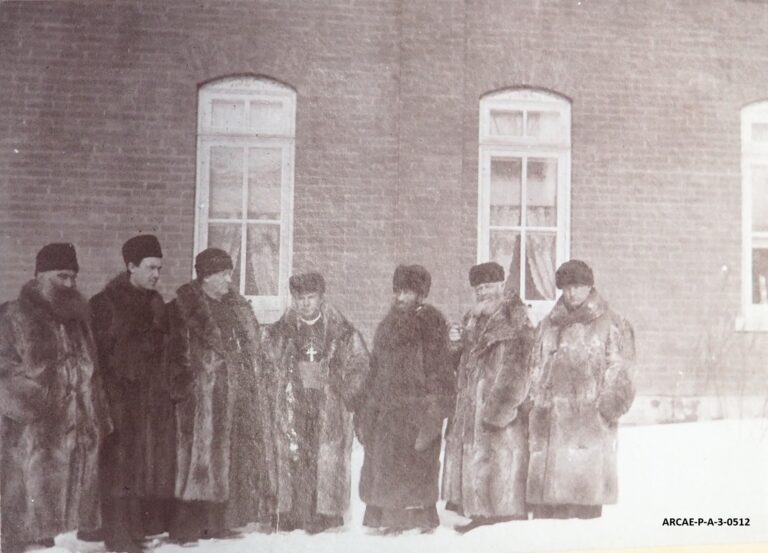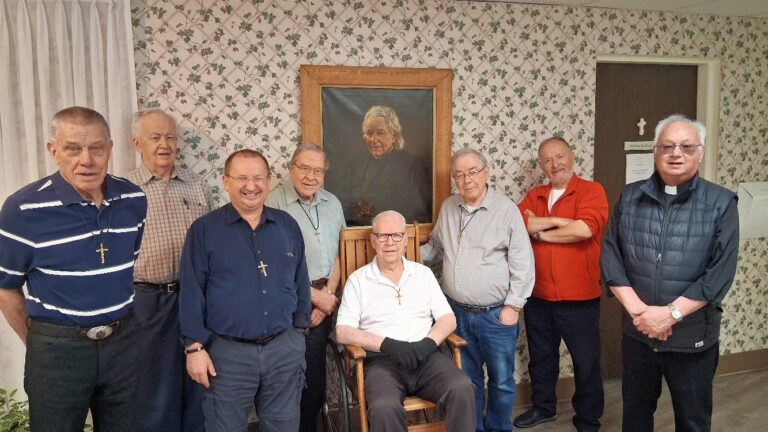In the age of digital cable and streaming media, it’s hard to imagine a time when people didn’t have access to hundreds of shows at the push of a button. It’s not that long ago that for some, even basic cable was considered a luxury. Many people only watched TV thanks to a set of “rabbit ear” antennas, which allowed you to access TV stations that broadcasted over the air (much like a radio station.) Without these rabbit-ear antennas, you would usually just see static on your TV screen no matter what channel you would be tuned to.
Though they were simple in design, setting up a set of rabbit ears did take some work. You’d connect them to your TV and place them on top of the set. Then, you had to extend both antennas to their full length and place them at random angles. Finally, you would tune the TV to one of the channels you should be able to receive, after which the real fun would begin. You had to adjust both antennas until you got the clearest picture possible. Sometimes it would come quite quickly and look crystal clear. At other times you’d never quite be satisfied with what you saw. You’d just keep moving the antennas around until you got something that was watchable (even if it wasn’t all that clear). If things were particularly bad, some would try moving the TV to a different room or different floor in the hopes you might see things more clearly in a different space.
Last week, we reflected on the way our hearts were designed to be restless so that we would seek God. This is an intrinsic part of our human nature, because: “God has placed in our hearts a longing to seek and find him” (YouCat 3). We are invited to tune our hearts towards something far greater than the latest show, but to His presence and voice speaking to us daily. This might come easily, when by our practices of prayer the Sacraments, reading the Bible, or acts of service we are able to turn the antennas of our heart towards God and quickly find Him.
But sometimes it isn’t that easy. We read that “To know the invisible God is a great challenge for the human mind” (YouCat 5). Anyone who has dedicated themselves to the spiritual life has experienced moments of emptiness or dryness in prayer. If we are having a hard time finding God, the first place to look is inwards. Have we fully extended the antennas of our hearts to paying attention to God or are we simply giving it a half-hearted effort? Is there some sort of obstacle between us and God? Do we really want to hear God’s voice? Are we stuck in a pattern of sin we aren’t ready to give up? If the answer to any of these questions is ‘yes,’ then we need to make some adjustments. We may need to make more room for silence in our lives and in our prayer. We may need to go to confession. If we’re aware of obstacles that are coming between us and God, we may need to make some more dramatic shifts in our lives.
It must be said that although we always can be receptive to God, there may be moments where God chooses not to broadcast. Many who undertake the spiritual life experience times and seasons when our prayer seems dry and empty. Great saints like St. John of the Cross and St. Teresa of Kolkata write at length about these experiences and our need to persevere through them. These moments of silence are usually an opportunity to commit ourselves more fervently to prayer; not simply because it gives us good feelings, but because God is all good and all deserving of our love. At the same time, these moments of silence can be very difficult to experience. I would encourage anyone who feels like they might be living through a season when God seems far away to bring it to a trusted spiritual director who can help you make sense of what God is asking of you by His silence.
God has created us not only to search for Him but, like a set of rabbit ears, He’s also given us the ability to tune in and hear what He has to say to us. Our part is to get rid of the obstacles that sit between ourselves and God, to plug in, and to extend our best efforts to hear His voice.
“The Order, the beauty, and the development of the world point beyond themselves toward God. Every man is receptive to what is true, good, and beautiful. He hears within himself the voice of conscience, which urges him to do what is good and warns against what is evil. Anyone who follows this path reasonably finds God” (YouCat 4).
–Mike Landry is chaplain to Evergreen Catholic Schools west of Edmonton, and serves as an occasional guest speaker and music minister in communities across Western Canada. This is the fourth instalment in a series on the youth catechism. Mike and his wife Jennifer live in Stony Plain, Alta. with their five children.




